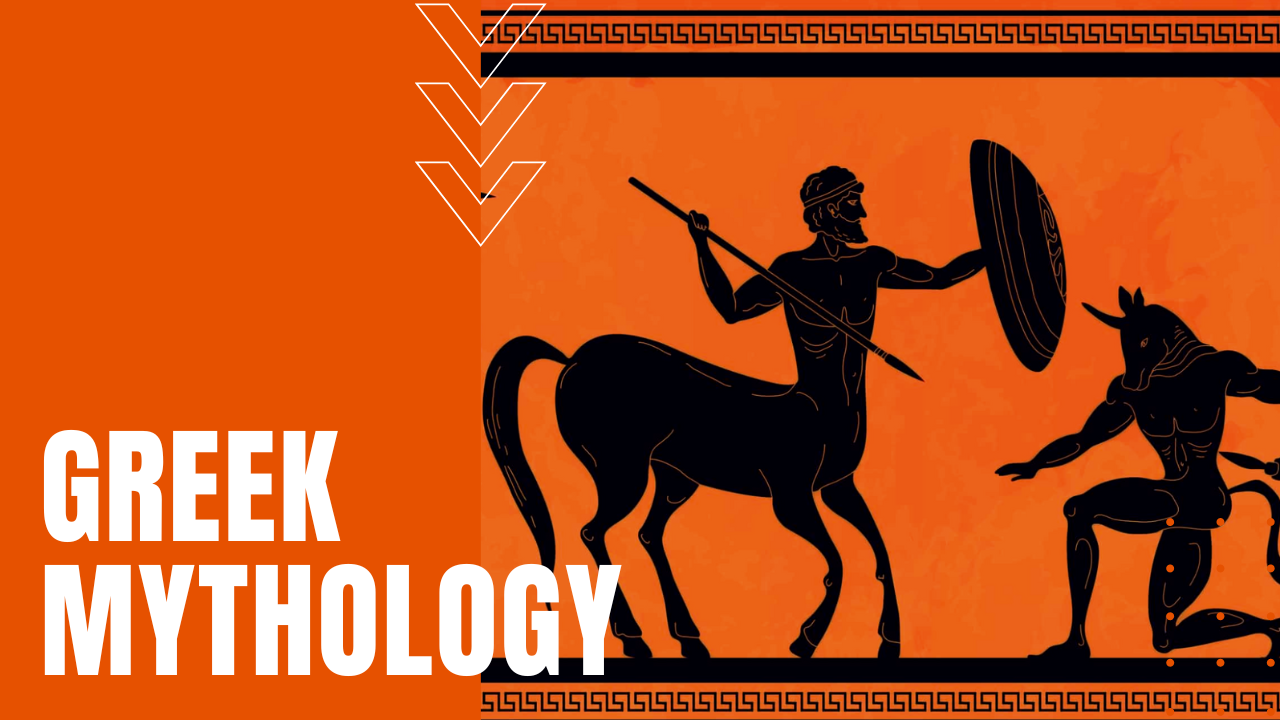Greek Mythology

Beginning sometime around the 18th century BC, when Minoan and Mycenaean singers began spreading Greek myths in the oral-poetic tradition, Greek mythology was created to teach ordinary and high-minded people alike about important and meaningful human experiences, including complex themes such as illness and death, earthquakes, floods, famines and war.
Don’t Anger the Gods
Fundamental to all classical mythologies, the ancient Greeks believed that unseen gods and goddesses controlled every aspect of their lives, inspiring the ancients to pray to individual gods for help and protection, increasing their homage during times of great difficulty, under the belief that humans had somehow angered or disappointed a given god. In their quest to please and honor their gods and goddesses,
Shrines to the Gods
the Greeks constructed ornate temples and sculptures throughout the Grecian world, and while Greek gods and goddesses were manyfold, the twelve olympians were most revered in Greek mythology, including Zeus, the leader of the gods, Hera his wife, the goddess of marriage and childbirth, Poseidon, the god of the sea, the goddess of love Aphrodite, Hades the god of the Underworld and the dead and Ares, the god of warfare and battle.
Mount Olympus
The Greeks also believed that the gods lived as one like a family atop Mount Olympus, where they behaved much like humans in their ability to argue with one another, fall in love, make mistakes and feel overt jealousy when shunned. With its extensive influence on art, culture and literature for generations to come, ancient Greek poets and artists constructed stories and myths that still hold relevance to this day, including a woman named Pandora, who opened up a box that unleashed all thing evil upon the world of man, Theseus and the Minotaur,
Stories Galore
which tells the story of a prince who hunts a monster through a labyrinth to save the woman he loves, Perseus and the Gorgon, about a man who must kill a woman who can turn people to stone just by looking at them. Most enduring, however, is Homer’s epic poems as told in the Iliad and the Odyssey, which follow the post-Trojan War travels of Greek heroes such as Achilles, Agamemnon, Hector and more, making Greek mythology, a foundational primer for Western civilization.
